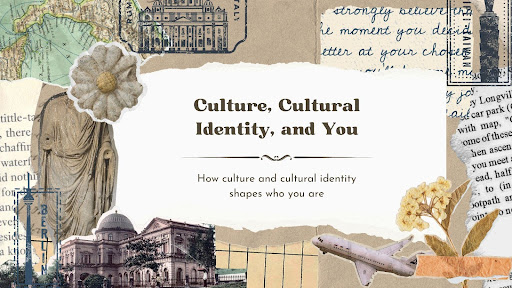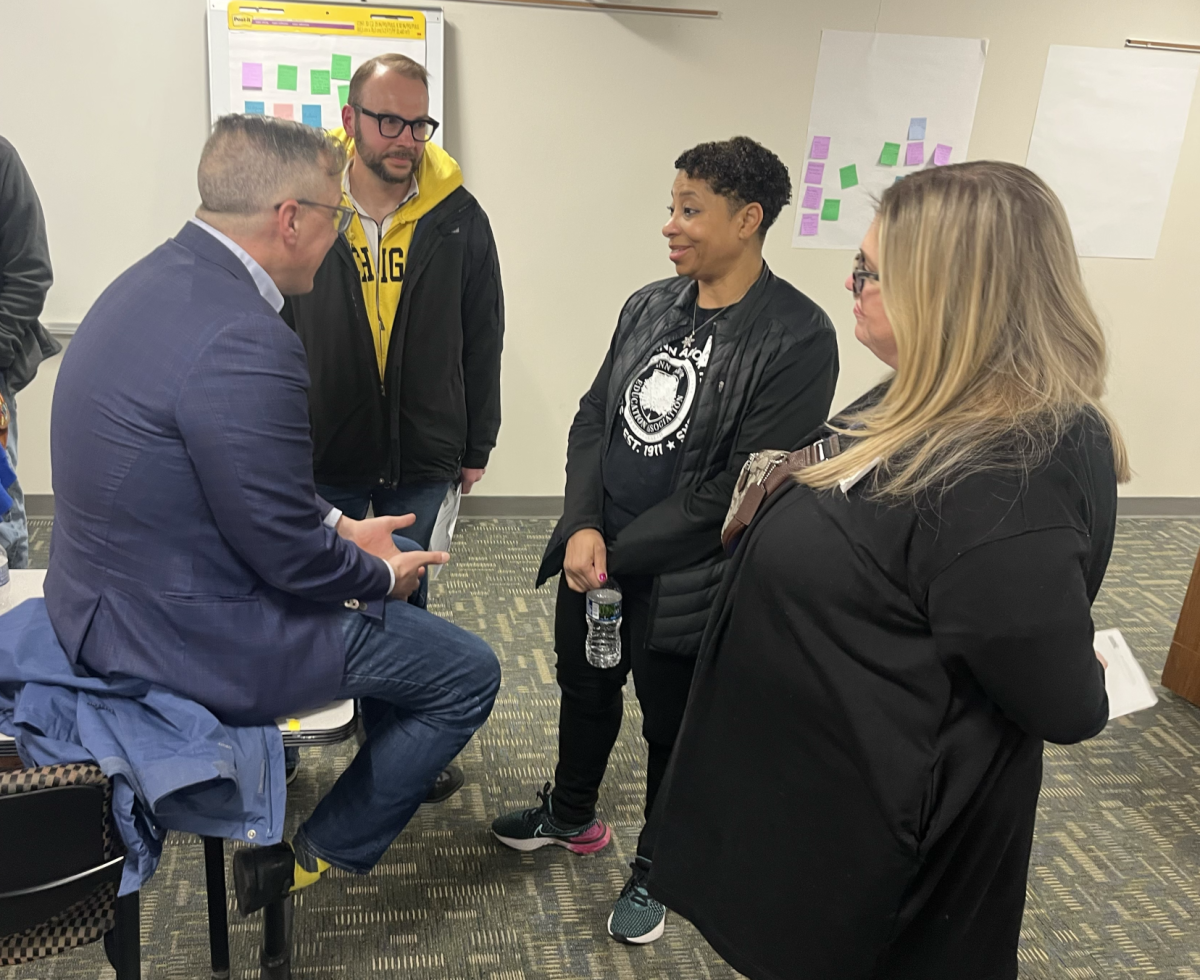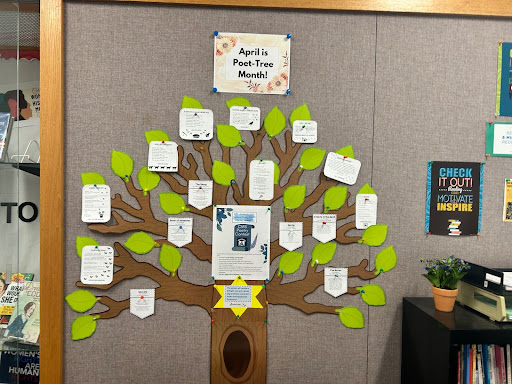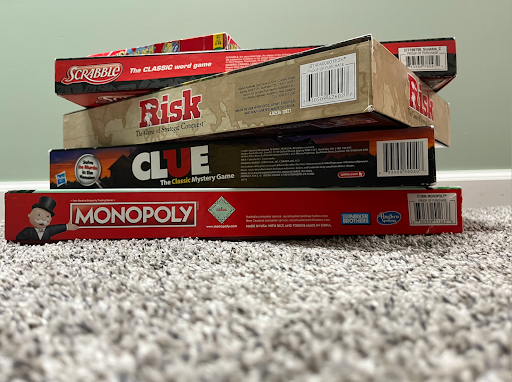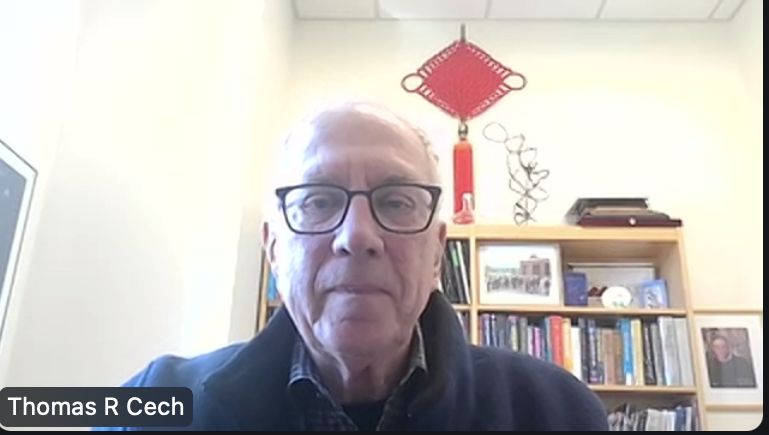“Culture” is a word commonly used in daily language, and there is a vast, diverse range of cultures worldwide. And yet, not many people actively spend time learning about the importance of culture in our lives. You may be thinking that you don’t have much culture, and you aren’t really a part of one. If that’s the case, assure yourself of the fact that everyone is part of some sort of culture, though it may not seem that obvious as it is a misconception that culture and religion go hand in hand. In reality, however, culture is not equivalent to religion; religion may be a part of your culture, but it does not necessarily have to be.
First off, it is vital to understand the true meaning of culture: according to Merriam-Webster, culture is “the customary beliefs, social forms, and material traits of a racial, religious, or social group” as well as “the set of shared attitudes, values, goals, and practices that characterizes an institution or organization.” Essentially, culture is a collection of shared values and beliefs.
With that said, one person is a part of multiple cultures, or communities they have things in common with, like working at the same workplace or being a part of the same social class. When we think of culture, often what comes to mind is culture from different countries. While it is true that some cultures fall between geographical boundaries, such as national cultures, which are defined by nationalities, other cultures have nothing to do with geography, like religious cultures, or cultures that are defined by religion.
“I’m Chinese-American! I was born here, but my ethnicity is Chinese,” said 8th-grader Amelia Bai. “My parents were born in China as well and moved to the US for grad school.”
So each and every person is a part of several different cultures, which means everyone has different cultures to represent. And that brings us to the definition of cultural identity. According to centerforinterculturaldialogue.org, cultural identity “refers to identification with, or sense
of belonging to, a particular group based on various cultural categories, including nationality, ethnicity, race, gender, and religion.” In other words, cultural identity is your identification with a certain culture. Stating that you are, say, Asian American is an example of your cultural identity.
Cultural identities also play a significant role in your personal identity, and, overall, culture is more important than most people realize— it influences many of the aspects of your life including your thoughts, values, viewpoints, and actions.
Many people believe that they don’t have any cultural identity at all, but remember, just like how every person is a part of different cultures, that everyone has a cultural identity. However, many people are unaware of their cultural identity and how it shapes who they are.
Culture is critical in this ever-changing world, according to mckinsey.com— with constant change all around us, culture helps you learn, grow, and adapt. While culture influences how people treat each other as well as how they think and behave each day, the right culture helps people to perform their best at their workplace, home, and everywhere they go, according to opexsociety.org.
Additionally, culture gives people a feeling of stability by creating a sense of belonging and unity. Those who share a culture become family to most people, according to blackpoolgrand.co.uk, and it gives them an instant connection with those they hardly know, opening doors to stronger, better, and healthier relationships. Culture is also nurturing, especially when one belongs to a community that shares their values and beliefs, which results in the person feeling loved and supported. It also helps people feel more connected with their heritage and allows them to live a more honest and genuine life. In a community that shares the values and beliefs you hold in high regard, you don’t have to work hard and pretend to be someone you’re not in order to “fit in,” because you fit right in when you are yourself, with your own beliefs and values.
Culture also gives people purpose in their lives, whether or not they already have it. Cultural traditions play a big role in your life, even if the traditions are simply performed for your own comfort and happiness. Having a constant in your life, a tradition that will be there no matter what, undoubtedly gives you a sense of comfort and assurance that there will always be something to hold on to, something to turn to, and a community to celebrate with. While everything else around you changes, cultural traditions will remain constant, as will another great component of culture: art.
The role of art in culture is vast and indescribable. Painting, music, weaving, and sculpting all influence the way culture is looked at. Art is a way of expression, and it is also a defining element of most cultures. Through culture, you express yourself, which has positive effects on your mental health and keeps you content with what you have.
Keep in mind that cultural identity, like many other topics, does come with its myths. A common myth is that cultural identity, once defined, is fixed. This may make one feel a little apprehensive about identifying themselves as a part of a specific culture. However, know that cultural identity is by no means impossible to change— in fact, it’s quite the opposite. While the foundational basics will stay the same, both culture and cultural identity are constantly changing to match the evolving beliefs of humanity.
Another myth, which is perhaps the most dangerous one, according to exceptionalfutures.com, is thinking that your cultural identity is mainstream, leading you to believe that people interpret and react to situations the same way that you do. This leads to the prejudging of people, classifying them as either “friend” or “foe,” or “good” or “bad,” and a consequence of that is stereotyping. Ultimately, in this kind of mindset, your relationships won’t be strong enough to meet their full potential and will take a turn for the worse, preventing you from having positive and healthy interactions.
“Culture creates vibrance in one’s life– through food, music, art, and so much more,” Bai said. “But even more importantly, culture is how people can express themselves. Culture is also what makes us different. It creates perspective for so many different people.”
Culture plays a larger role in people’s lives than most people would initially believe. From familiar, routine traditions filled with a sense of comfort, to a community to celebrate highs and learn from lows with, culture is something we all share—in one way or another—and is highly beneficial to all, whether it may be for mental health, personal sense of fulfillment and satisfaction, or any other reason. Culture and cultural identity are two things that will always be there despite your situation: a collection of values to turn to when you need direction, a community to turn to when you need support, and a path to rediscover yourself to find true peace in your life.

